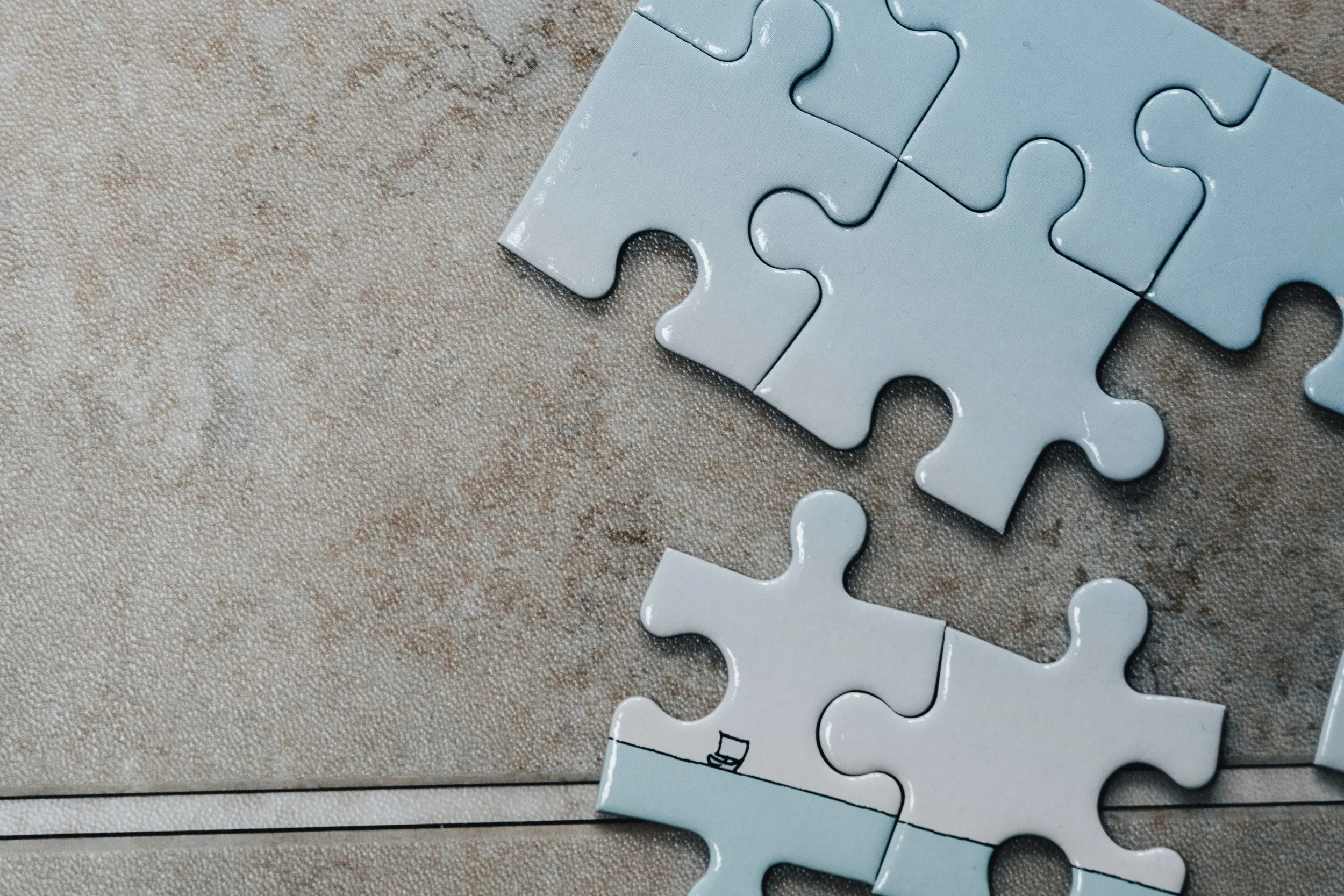Menopause Matters
Menopause Matters
October is Menopause Month, and women’s health is my favourite subject, so I wanted to bring you my top tips on not just surviving this period of your life, but really thriving!
The peri-menopause can start in the early 40’s and can last around 10 years, at which point, after 1 year of no menstruation, the menopause is officially diagnosed. But even after a year of no regular monthly bleeds, hormonal symptoms can often fluctuate for the rest of a woman’s life.
Bearing this in mind, we can see what a long period of time these fluctuating levels of hormones can last for. For some women it can be utterly debilitating, and often symptoms are mis-diagnosed, disregarded and misunderstood. It is therefore not surprising that for so long it has been swept away, under the carpet, and women have been expected to carry on regardless.
Until now! In the last 10 years a light is shining brighter on understanding, awareness and support for women, and conversations are more honest and open than ever.
On my Womo Women’s Health Course, these are the top reported concerns that women have, and here in brief, I will offer some solutions:
1. Fatigue, irritability, stress or anxiety
This one is always top of the chart. To improve sleep and feel calmer, try a daily Magnesium Glycinate supplement. Also daily deep diaphragm breathing exercises for 3 minutes flips the body out of fight-flight mode and into rest-digest-flow mode.
2. Back, hip or pelvic pain
Move more and sit less. Walk for 30 minutes every day and every morning do my 5 minute spinal mobility flow to ease morning stiffness (find it on the SOP website or You Tube channel)
3. Bowel and bladder irritability and infections
Eat fermented food every day, and ensure a regular intake of 30 colourful, prebiotic rich fruit and veg per week. Vaginal oestrogen can also help and avoid lots of ‘just in case’ pees.
4. Loss of strength and mobility
Strength train 3x a week. Women must lift weights, either in the form of dumbbells, resistance bands or manual work around the house and garden. Eat more protein in the form of beans, lentils, tofu and lean meat.
5. Pelvic floor weakness, leaking and prolapse
Regular pelvic floor exercises that must include relaxation can help, as well as squats, lunges and core exercises. Learn how to coordinate your breathing with your pelvic floor exercise for better results; inhale relax the PF, exhale lift (contract) the PF. Improve bowel health to avoid straining on the toilet. Vaginal oestrogen and ring pessaries can also help.
6. Hot flushes, PMS, night sweats, low libido, dry vagina, eyes and skin, loss of mental clarity and memory, weight gain… I could go on
Reduce stress, worry and anxiety. The stress hormone, cortisol, supresses all other hormones, including the female hormones and the hormones that regulate sleep, hunger and satiety. Consider taking hormone replacement if you’re not already, it’s now safer and more effective than ever, and hormones can be taken individually, specific to your symptoms. If you’re already on HRT and it’s not effective, it may be that stress is interrupting the uptake of the hormones or the preparation that you are taking is not being fully absorbed. Contact me for recommendations for doctors that specialise in women’s health.
7. Loss of motivation, confidence and trust in your body
Join the 6 week Womo Women’s Health Course and join a group of women determined to get fit, active and regain their energy and drive! The next one starts on Monday 2nd October, and the following one starts on February 19th 2024. If you would like to get started now and join the October course, but can’t make a session, you can always make it up in February! Book via the website.
For lots more motivation, advice and open conversations visit www.menopausemandate.com You may even like to join the Walk in the Park event on the 18th October in Hyde Park, as a great spring board to implementing some of the changes suggested here.
Whatever your experience is during this time of your life there is help, support and conversations to be had. Please reach out to me or another women’s health specialist and start to ask the questions and find out more.
Emma Wightman































